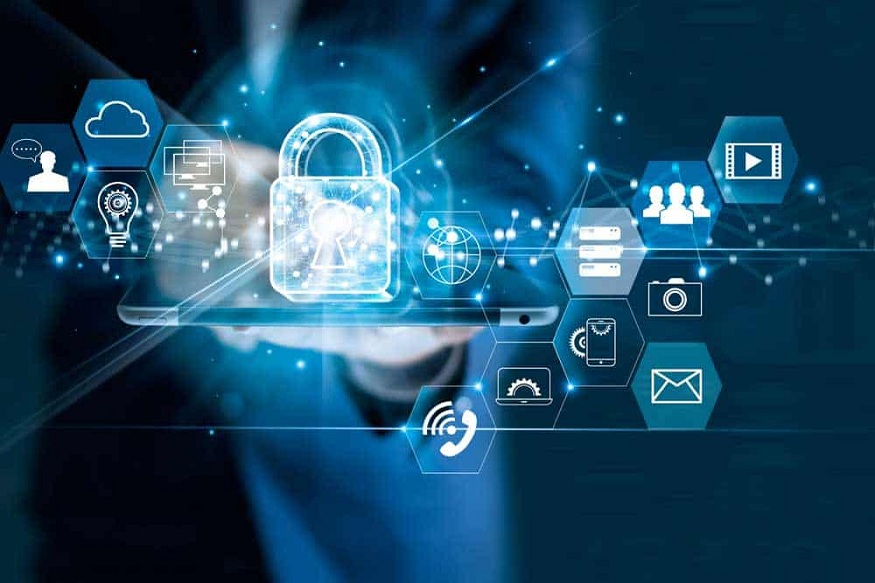Today, many business owners are acknowledging the growing need for cybersecurity compliance. It is a necessary measure to safeguard customers’ data. In addition, failure to comply can result in substantial fines.
So what is compliance in the Malaysian setting? Where do you begin? Continue reading to understand the basics.
Why cybersecurity compliance is important
Cybercrime is on the rise globally. Of course, Malaysia is not an exception. Phishing and data leakages have affected both small and large companies alike. In case of breach, the loss is more than money. It is a blow to customer trust. Moreover, reputation damage and legal ramifications may ensue.
The compliance frameworks are aimed at mitigating these risks. They establish the minimum standards of security, the manner in which business enterprises process private information, and accountability. It is not only about the avoidance of punishment but also about the protection of your brand and customers, which comes after them.
Key regulations in Malaysia
Malaysia does not have one specific cybersecurity law. However, various regulations and frameworks address distinct areas of compliance:
- Personal Data Protection Act: It regulates how companies gather, store, and manipulate personal information. PDPA compliance is mandatory if you handle customer information.
- Bank Negara Malaysia Guidelines: Financial institutions must adhere to strict cybersecurity policies based on specific regulations. One of them is the RMiT (Risk Management in Technology).
- Standards of CyberSecurity Malaysia Standards: Some technical standards exist. For example, the MS ISO/IEC 27001. They offer best practices in managing information security.
- Sector-specific regulations: Niche industries such as healthcare and telecommunications can be subject to extra regulations.
Your business may not be within the finance or healthcare industry. However, it is a good step to ensure that you are complying with the PDPA and implementing international standards such as ISO 27001.
What compliance means in practice
Then, what does cybersecurity compliance mean on a day-to-day basis? The following are some key areas that most businesses have to address:
Data protection
- Encrypt sensitive data
- Manage access
- Have transparent policies regarding information gathering and dissemination.
System security
- Update the software
- Install firewall systems and intrusion detection systems.
Incident response
There should be an overview of what needs to be done in case of a breach and how to inform the people involved.
Staff training
Employees have been known to be the weakest link. Regular awareness programs are important to prevent phishing and social engineering attacks.
Documentation
Keep good records of policy, audit, and compliance. This simplifies the process in case regulators knock on the door.
Taking the first steps
Compliance may seem daunting, particularly to smaller businesses. Start by:
- A risk assessment to find out where your greatest weaknesses lie.
- Examining your existing customer data collection and storage methods.
- Getting advice on cybersecurity or auditors who have knowledge of the regulatory landscape in Malaysia.
- Choosing changes with the most impact, like training of the staff or protecting the customer databases.
Final thoughts
The question of cybersecurity compliance in Malaysia is not limited to large corporations alone, but it applies to any business that gathers customer information or is online. As much as the regulations might be complicated, it is easy to tackle them step by step.

